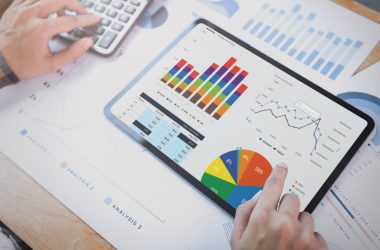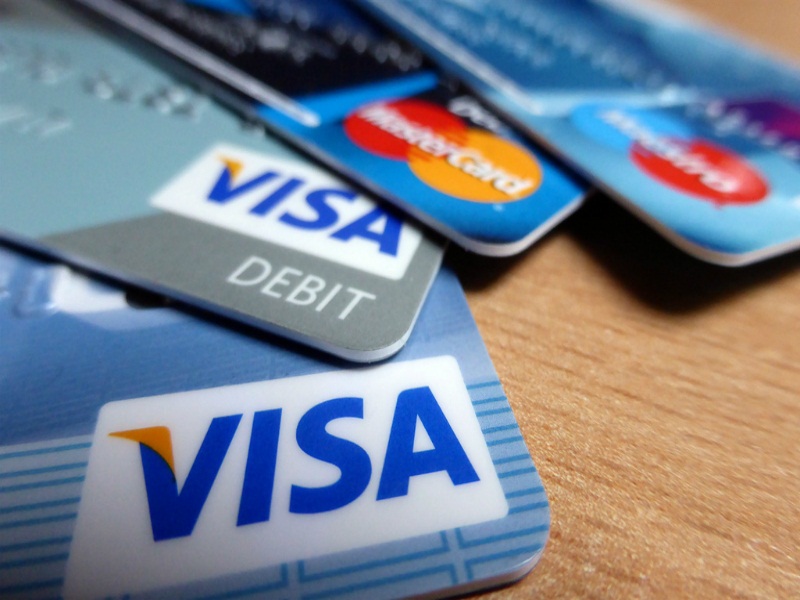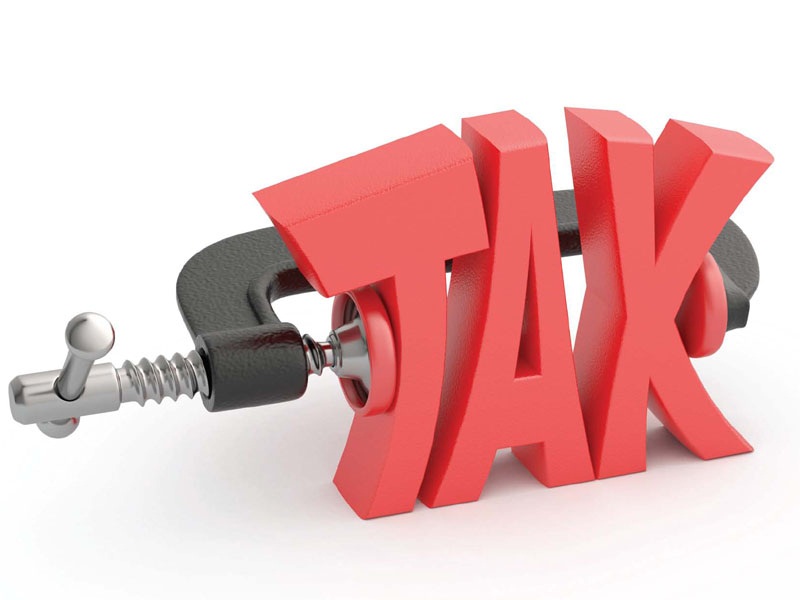If you’ve reached this article it’s probably because you’re interested in changing your mental approach to money. Yes, you could save a little by ditching your shoe habit and growing your own veg – but in reality it takes a lot more to become a financially literate person. This article looks at a few things you can do to get yourself clued up:
Understand your debt
Online loan provider Wonga SA recently posted a blog entry about how it is important to be financially literate and understand your debt. We don’t just mean knowing how much you have to pay off on your recent loan; we are talking about getting to grips with the interest rates, the repayment period, and also analysing why you have the debt in the first place. Was that second car you purchased really worth these years of repayments on the car loan? Wonga SA suggest that you should look at your debt as whether it is good or bad. Bad debt might include impulse buys and things you don’t really need. Then there is good debt – this could include a fee for a course that could improve your job prospects. You can validate this good debt, and, although it is still debt, you can feel a little better about it because it’s all for a bigger cause – i.e. your career.
You need to of course have a manageable repayment schedule for your debt in any case. If you’re struggling to repay debt, try negotiating new terms with creditors, consolidating it, getting professional advice on how to break it into manageable chunks, and so on. There is always a way out, no matter how much debt you have accumulated.
Look at the bigger picture
It’s not just about your personal debt. You need to be financially literate about all aspects of money. This could include house prices and values, interest rates, energy bills savings and so on. Allbusiness.com also suggests instilling this kind of need-to-learn into your children. Get them to be interested in money from a young age. By setting a good example, they are less likely to find themselves in any large or inescapable debt in the future.
Read the news
The news is a great source of information when it comes to improving your knowledge. Any economical news report will improve your understanding of the greater financial picture. You don’t have to stick to your country, either. Look at how other countries have found themselves in debt. Look at the statistics when it comes to trade, or the financial implications of global warming. There is a whole big world out there, and all of those news stories help to inform your own personal decisions on how to spend and use your money.

















